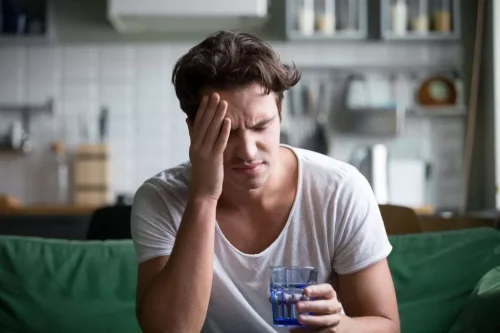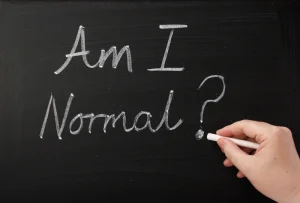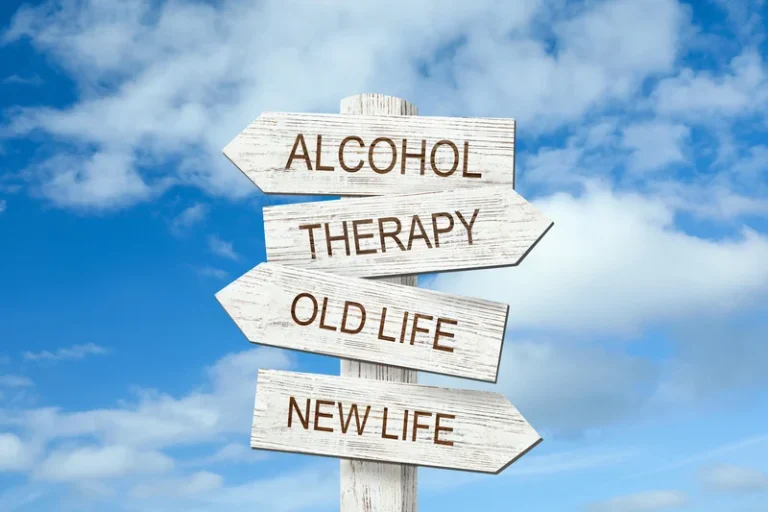
They address different aspects of mental and physical health, fostering self-awareness, resilience, and interpersonal skills. Exploring one’s thoughts and emotions is an integral addiction group activities part of recovery. CBT activities are solution-focused exercises and techniques that aim to improve mental health and substance abuse treatment outcomes in a fun and engaging way.

Problem-Solving Activity To Manage Triggers
Group therapy provides a cost-effective alternative to individual psychotherapy. It brings people with similar needs together in a supportive, encouraging, and validating way. Therapy provided in a group setting can be a powerful way to improve any area of emotional and mental wellbeing. It is a wonderfully unique experience in that every group and session is different and dynamic.
- You and other members may spend some time pleasantly working on the garden’s layout, watering, and fertilizing plants.
- To encourage helpful discussions, some recovery groups toss around question balls.
- Group therapy provides a nurturing environment where individuals can share their struggles, learn from each other, and build the skills needed to overcome addiction.
What Are the Techniques of Group Therapy?
Our clinical team facilitates group therapies to encourage positive discussion with peers. The goal of groups is to feel validated and supported by others with similar experiences. These meetings provide a safe space where members of the group can share personal information without being judged, and it lets them know they are not alone in their experiences. Group reflection promotes self-awareness and emotional regulation, as participants learn from one another’s experiences and lean on each other for support. These activities teach people in recovery to recognize and reframe negative thought patterns, enabling them to develop healthier coping mechanisms. Participating in group physical fitness and outdoor adventures can play a significant role in relapse prevention.
Group Therapy for Substance Use & Relapse Prevention

These techniques can be applied in group therapy to help participants recognize negative thoughts that are not particularly useful or true while working on productive behavioral patterns. Effective problem-solving skills can lead to hope, better self-esteem, self-confidence, improved mental and physical health, and overall well-being. Therapists encourage members to learn specific skills, such as the identification of negative thoughts and the use of recording these thoughts to influence https://ecosoberhouse.com/ thought patterns. These group activities strive to demonstrate the importance of good communication and develop someone’s verbal and non-verbal communication skills. These activities offer people in recovery a sense of purpose and a chance to give back to the community by focusing on the needs of others. Journaling serves as a powerful self-help mechanism, reducing the risk of relapse by providing an outlet for processing thoughts and emotions in a constructive manner.

Best Group Therapy Activities for Supporting Adults
- Our clients often ask us these questions related to CBT group activities.
- Determine the duration of the meditation, and when finished, you all may decide to share your experience or takeaways.
- Here are some hand-selected tools and materials that my therapist friends found to be particularly effective in facilitating meaningful and productive group therapy sessions.
- Read our article that addresses how to apply ACT therapy in group settings.

The Importance Of Group Therapy In Addiction Treatment
- There are numerous benefits to group therapy and peer support meetings that aren’t available in a one-on-one setting.
- This motivation and focus on achievement as a team act as positive reinforcements, reducing the risk of relapse by redirecting energy toward purposeful pursuits.
- The next player repeats the pattern and adds something new, and the process continues until the individuals before them don’t repeat the pattern.
- Your muscles are stimulated, your lungs are filled with oxygen, and you inhale and exhale, all as you follow the instructor’s direction and the music.
- People opting for group therapy and support groups are often looking for peers to offer guidance and support in their recovery journey.
Download 3 Free Positive Psychology Tools Pack (PDF)

